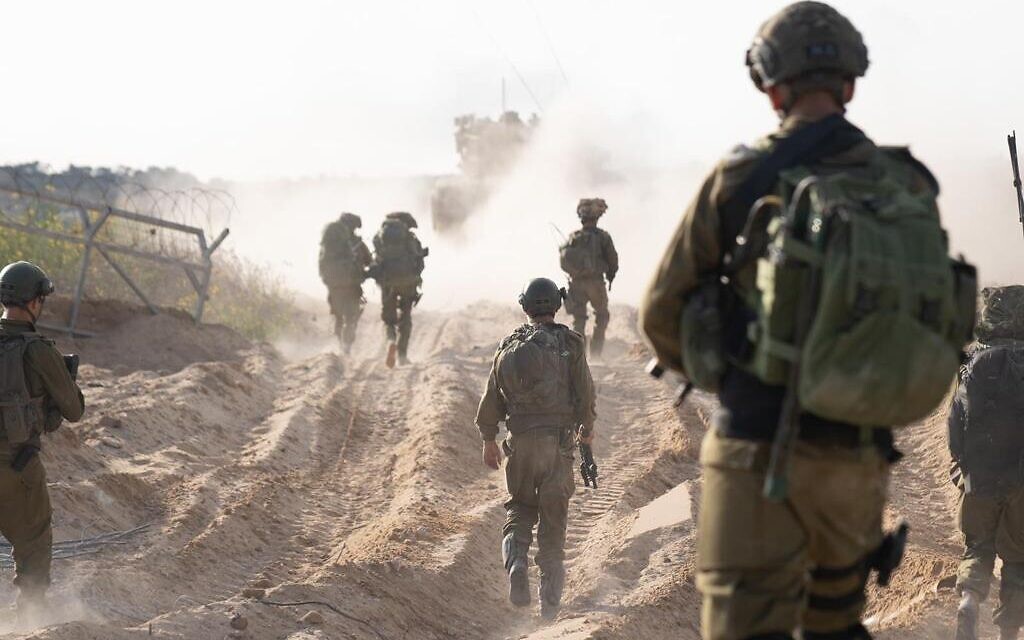The Israeli Defense Forces (IDF) launched a huge airstrike on Hezbollah’s main headquarters in Beirut, Lebanon, on a tense Friday evening. Concerns were expressed regarding Hassan Nasrallah, the leader of Hezbollah, who was purportedly the target of the attack.
The Lebanese capital was rocked by attacks by the Israeli Air Force, resulting in several explosions and billowing smoke clouds. Reports of casualties suggest a considerable number of fatalities and injuries, while precise numbers are still being ascertained.
Targeting Nasrallah
Unverified rumors claim that Hassan Nasrallah was the target of the bombing. He may have survived, according to some accounts, but others are unsure. Both American and Israeli officials affirmed that the strike was intended to take out the head of Hezbollah.
IDF’s Statements
Rear Adm. Daniel Hagari, an IDF spokesman, claimed that Hezbollah’s command center was hidden behind residential structures in Dahiyeh, an area considered to be a stronghold for the organization. He underlined Israel’s right to self-defense against groups who pose a threat to its people.

Ground Operations Planned
The IDF declared that it will launch a ground operation in Lebanon after the airstrike. Citing months of intensive planning and training, military leaders voiced confidence in the skills of their men.
Escalation of Conflict
Tensions between Israel and the terrorist organization have drastically increased as a result of the strike, which is one of the strongest on Hezbollah in almost a year. There have been over 700 recorded deaths as a result of the fighting, which has people worried about a wider war.
International Reactions
Following the strike, Israeli Prime Minister Benjamin Netanyahu abruptly left the United States and returned to Israel. According to reports, U.S. authorities were not made aware of the operation beforehand, which caused a major diplomatic uproar.
Humanitarian Concerns
Over 90,000 people have been displaced in Lebanon this week alone as a result of the increasing violence. In the midst of the continuous fighting, the UN refugee agency recorded a notable increase in the number of individuals migrating to Syria.
Implications for the Region
If successful, the targeted attack on Nasrallah might signal a significant change in the balance of power in the area. Experts caution that this might escalate into full-scale conflict, further upsetting the already unstable situation.
Conclusion:
Both parties are getting ready for a possible future escalation, so the situation is still fluid. As the humanitarian crisis in Lebanon worsens, the world community keeps a careful eye on developments and is calling for ceasefires more and more.
Leave a Reply Cancel reply